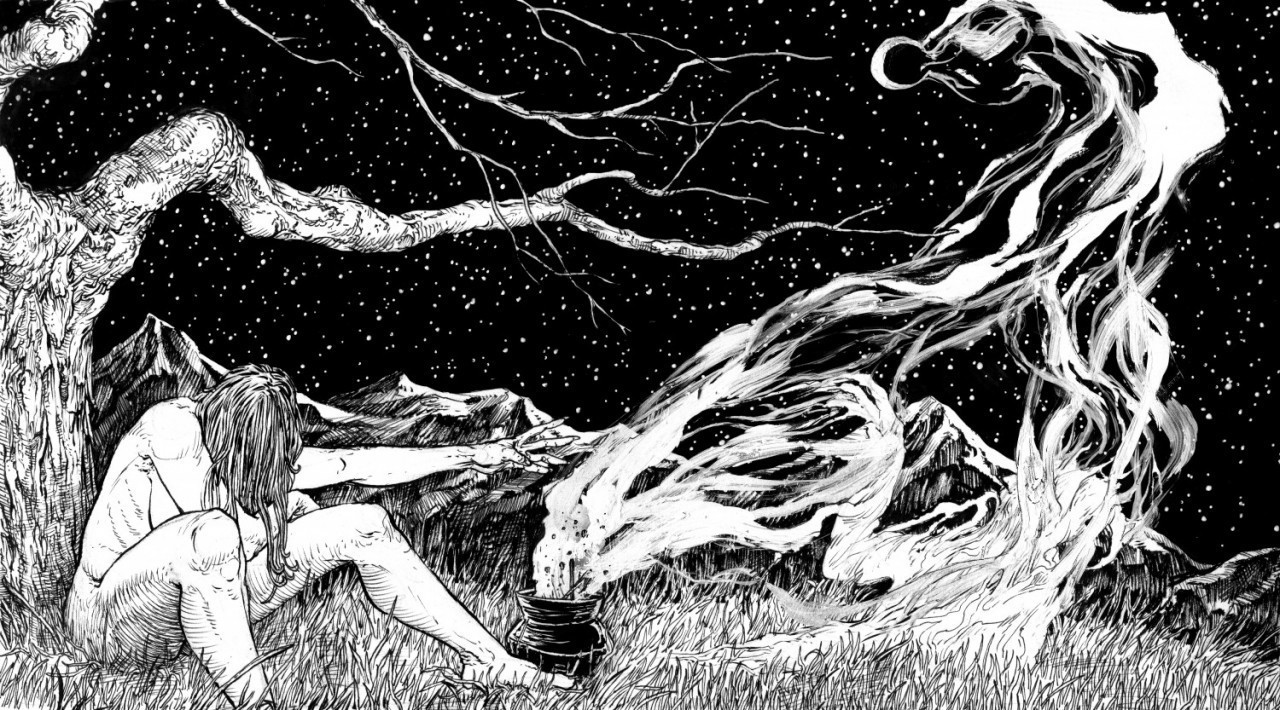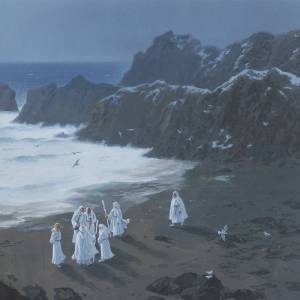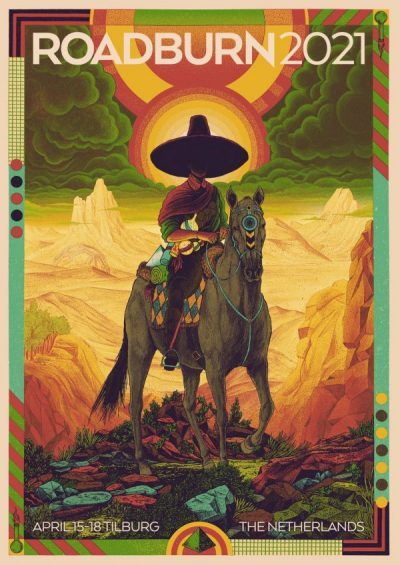Dawnwalker – Ages
The rich, grandiose opening of “Melekh” sets Ages on a journey of discovery as the initial steps of the record move in rising waves of sound that ushers in visons of dark clouds stretching across the horizon to bring forth a storm. Of course, there is a calm that precedes the tumult and “The Wheel” does much to settle the nerves for what the future may bring with its gentle progressive melodies and beautiful clean vocal lines. However, as the song progresses through its eleven-minute runtime, the vocals become darker and jagged and the music turns into a foreboding weight. This is a theme which runs throughout the record and enables Dawnwalker to structure their songs as singular narratives that speak of change and memories lost to time, while the record contains an overarching story that pays homage to long forgotten rites and the descent of the world into darkness.













